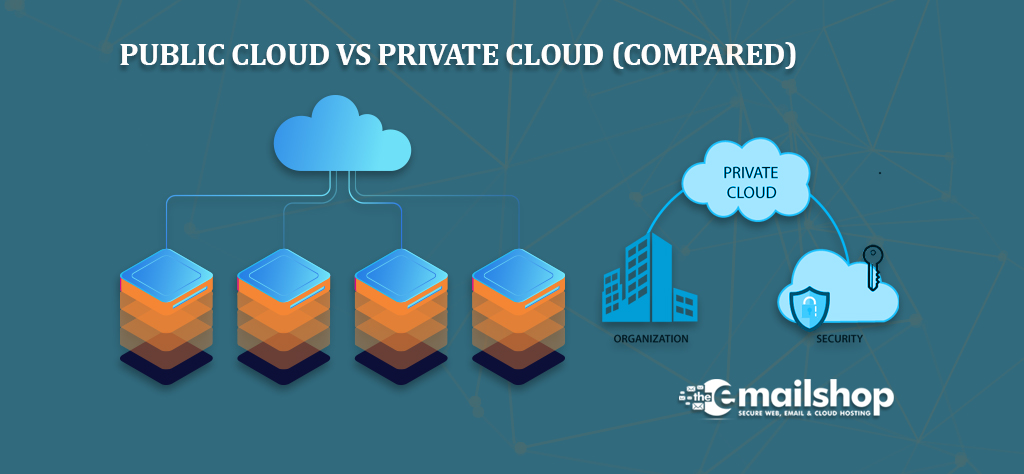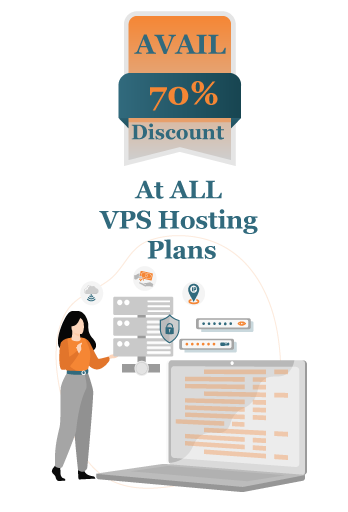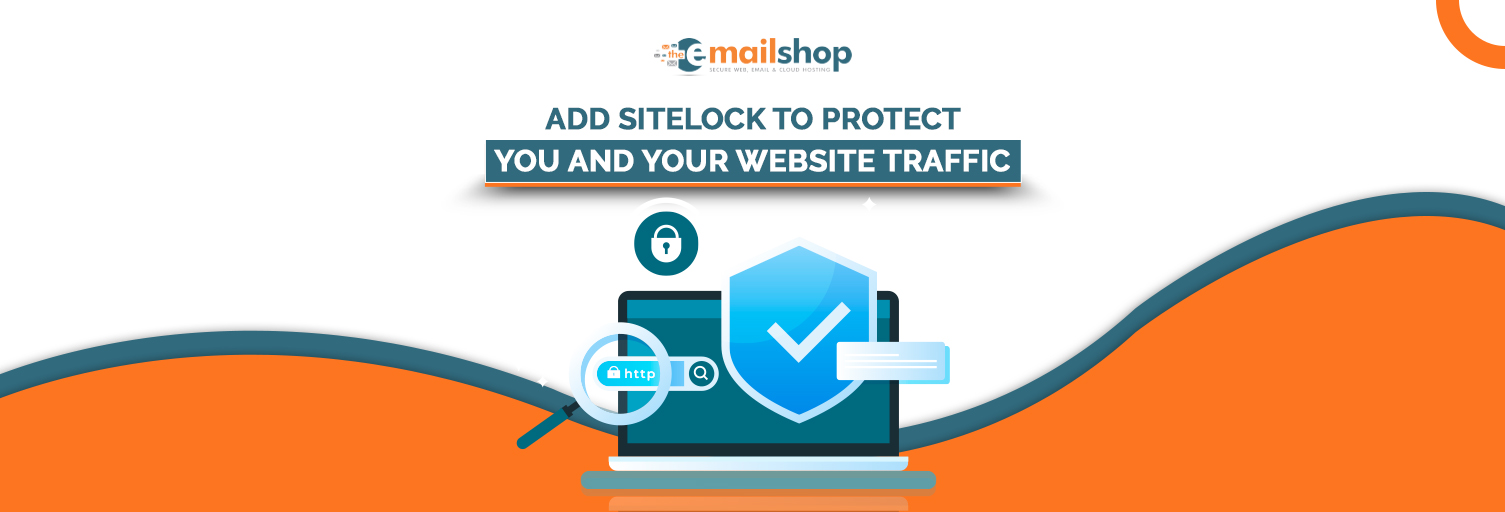Are you considering cloud services? If yes, you must know about the hottest topic in the circle. It is public cloud vs private cloud. Before you decide which one you want, it is better to clearly understand the differences and similarities. This article is going to serve as that complete picture.
Public Cloud- Introduction
The public cloud is the model in which the internet is used to deliver IT services. It is the most famous and widely used model. You can find various options in the computing resources to fulfill your organizational needs.
The most defining features are high elasticity and scalability and low-cost subscription. Services can be free and also paid. Sometimes you get subscription-based packages. They will charge you based on the resources you consume.
Their functionalities could be as small as apps, email, and storage. They also provide effective services like enterprise-grade OS platforms or infrastructure environments. You can use them for software development or testing.
The cloud vendor has to manage and maintain the computing resources. The vendor is also responsible for sharing them across networks.
When Should You Use Public Cloud:
The public cloud is the most suitable option in the following environment types:
- For example, when you know all about your computing needs, maybe you have to provide communication services for a fixed number of users.
- You never know when you will need additional resources to fix the evolving needs.
- You have to work in software development and test environments.
Pros of Public Cloud
Public clouds are liked because of the following comforts they provide:
The first thing is that investment is not required. Maintenance and deployment of IT infrastructure require no investment at all. The second best thing is their technical agility. The public cloud comes with the highest levels of scalability and flexibility that help meet unpredictable workload demands.
Also, a public cloud leaves you more room for focus. Your needs for in-house IT expertise will not be significant and complex. It is the responsibility of the vendor. So you get more time to focus on your business. Moreover, the public cloud is also affordable.
Cons of Public Cloud
The public cloud is not a very good option when it comes to security. The nature of the model makes it less secure and unsuitable for mission-critical IT workloads. Also, there is no control over cost. As a result, using it on a large scale can drastically increase the price.
Technical control is also limited. You have no say in the infrastructure, which may lead to not meeting your compliance needs.
Private Cloud- Introduction
Any cloud solution that entertains only one organization is called a private cloud. There is no other organization to share the same resources. It uses both on-site and offsite data centers. Organizations can easily customize private clouds to meet security and business needs.
A secure and private network delivers the computing resources and is isolated. As a result, there is better visibility and control of the infrastructure. In addition, it lets organizations run compliance-sensitive IT workloads and not compromise security and performance.
You Might Also Like to Read: Best cloud server hosting services in 2022
When Private Cloud Suits Us
- A business that works with sensitive data
- Government Agencies
- Firms that need robust control
- Companies that operate in highly regulated industries
- Organizations who need more security for their IT workloads
Pros Of Private Cloud
The most popular benefits of private cloud include:
Exclusive environments. You get safe and dedicated environments that no one else can access.
Custom security. Another pro of private cloud is enhanced security. Companies can customize the security features according to their needs.
Scalability without tradeoffs. Private clouds allow you to scale up or down according to your requirements. Business requirements are constantly changing.
Efficient performance. High SLA performance and efficiency make private clouds reliable.
Cons of Private Cloud
Price. A private cloud is not a budget-friendly solution. Particularly in the short-term, public cloud alternatives are better alternatives.
Mobile difficulty. Accessing with a mobile could be limited. The high-security measures could be the reason behind this.
Scalability depends. Scalability may suffer if the cloud data center is limited to on-site computing resources.
Can We Have Private Data in Public Cloud
We know that the public cloud saves the data of every organization separately. Yet many cloud agreements work on the shared responsibility model. Physical security is the responsibility of cloud service providers. On the other hand, the client is responsible for logical security. It includes cybersecurity, authentication, identity, access management, and encryption. So, there are situations when private data resides inside a public cloud.
One of the most relevant examples is data security. The methods of all cloud-based data protection providers are not the same. Yes, all save the snapshots and company’s backups in the cloud, but not everyone uses their own. Some use any affordable object storage. Amazon S3 is one of such providers that offer and ensure data security.
You should keep one thing in mind when selecting a public cloud provider. Data that the provider stores should not belong to the CSP. It should instead belong to the subscriber. You may have to move data between public and private clouds. Sometimes, charges for exporting data from CSP may hurt the cost-effectiveness of cloud providers. Do not let it happen.
Major businesses typically still keep a large portion of their company databases and systems of record in the private cloud. Subscribers should also ensure the following things:
- The security policies should extend to cloud providers
- They should carefully read service level agreements and ensure that they fulfill the needs of the organization’s user
- CSP addresses regulatory compliance issues like PCI, HIPAA, and GDPR
For Discount and Offers, Visit our Official Twitter Page









